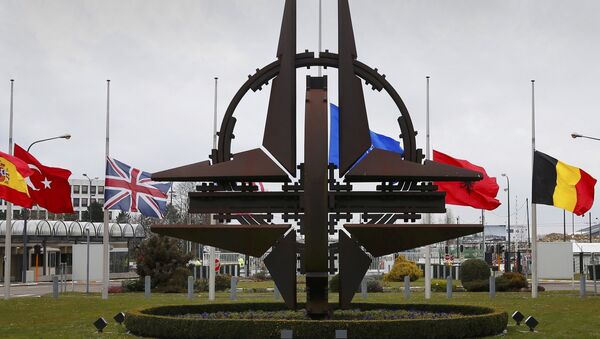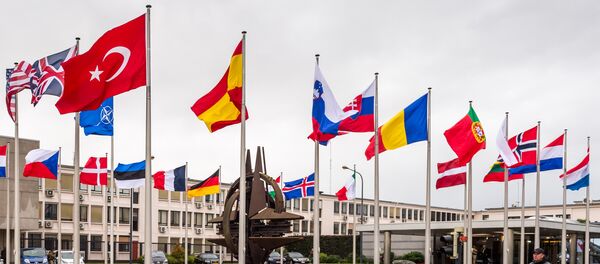"Our stance is that, on the one hand, we have to strengthen the defense of our allies, but on the other hand, we need to maintain dialogue with Russia to manage common risks and also to settle the situation in Ukraine," Dastis said, as quoted by the Spanish EFE news agency.
Dastis replaced Former Spanish Foreign Minister Jose Manuel Garcia Margallo after Prime Minister Mariano Rajoy announced the composition of the new government on November 3.
Since 2014, relations between Russia and NATO have soured amid the crisis in Ukraine. Brussels, Washington and their allies have introduced several rounds of anti-Russia sanctions since Crimea became part of Russia in 2014 and over Moscow's alleged involvement in the conflict between the pro-independence eastern Ukrainian militias and Kiev. Russia has repeatedly refuted the allegations, warning that the Western sanctions are counterproductive and undermine global stability.
Since then, NATO has been building up its military presence in Europe, particularly in eastern European countries bordering Russia, using Moscow's alleged interference in Ukraine as a pretext, as well. As part of the cooling in relations, the NATO-Russia Council, created in 2002 suspended all practical civilian and military cooperation with Moscow.



